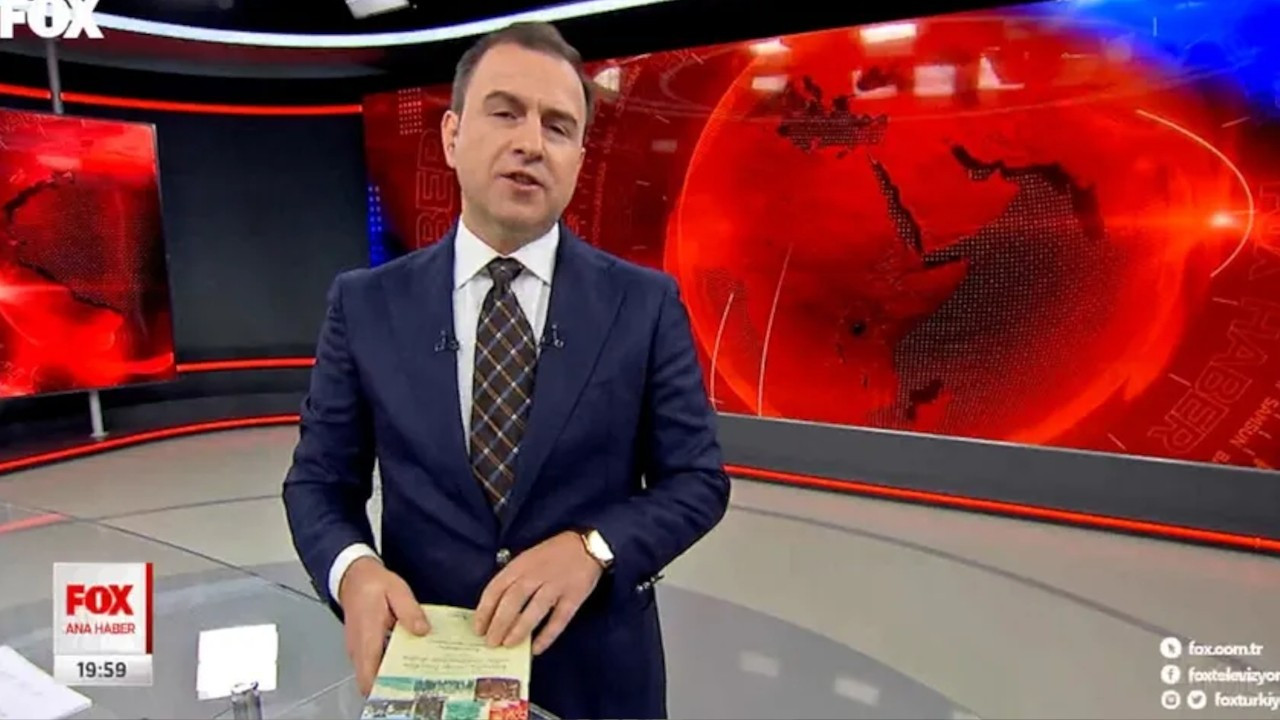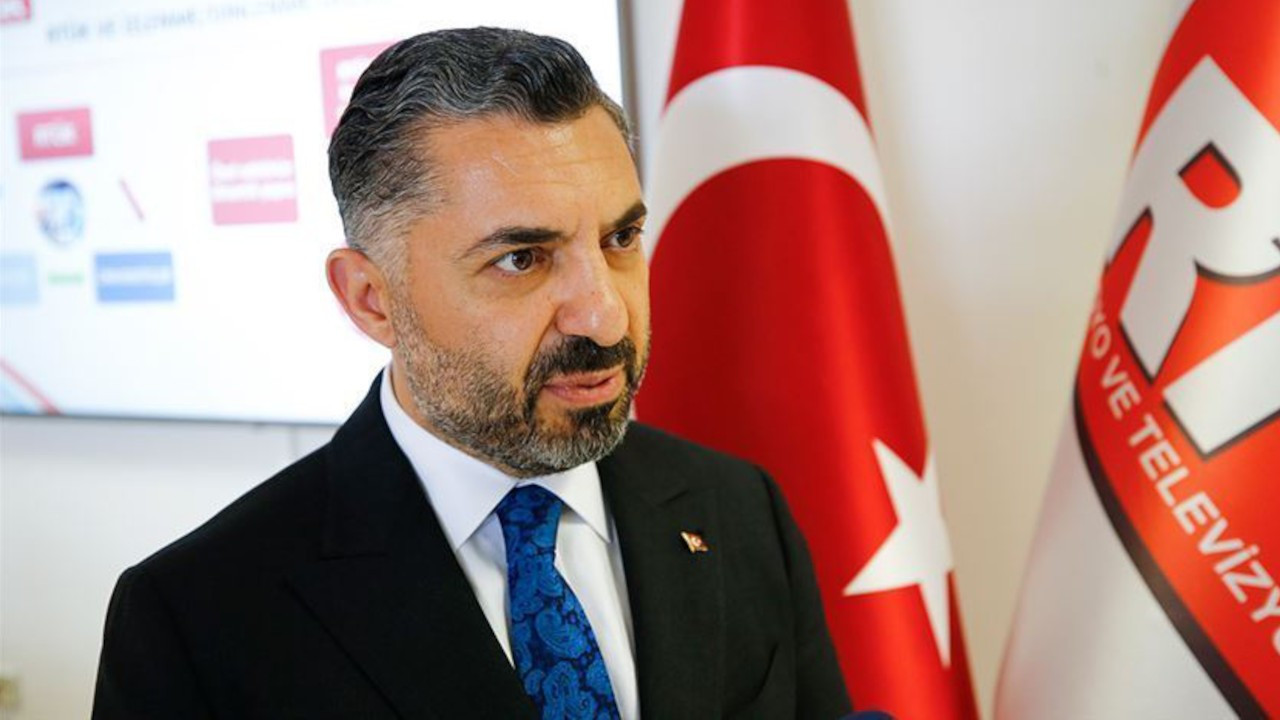Turkey's media watchdog orders int'l news websites to apply for license
Turkey's media watchdog RTÜK has given 72 hours to the Turkish language websites of Voice of America, Deutsche Welle and Euronews to apply for a publication license. Those who fail to do so will have their websites blocked.
Duvar English
The Radio and Television Supreme Council (RTÜK) has given 72 hours to the Turkish language websites of Voice of America, Deutsce Welle, and Euronews to apply for a national publication license, RTÜK member İlhan Taşçı announced on Feb. 9.
1- RTÜK ilk kez uluslararası haber siteleri için denetim yetkisini kullandı.
— İlhan Taşcı (@ilhantasci) February 9, 2022
Oy çokluğuyla alınan kararla, https://t.co/B2HDmVmYsC https://t.co/LSLxeumcEI ve https://t.co/d2d99Kp1BC sitelerine lisan için 72 saat süre tanıdı.
Bu sürede başvurmayanların erişimleri engellenecek.
Taşçı, from the main opposition Republican People's Party (CHP), said RTÜK has used its authority for international news networks operating in Turkey for the first time since 2019.
“With RTÜK's view that ‘there is a video on the site, it must be licensed’, there will be no news site left that will not be audited! The main target is freedom of the press and polyphony. They want the press to be silent, not criticize,” Taşçı tweeted.
If the relevant websites do not apply for a license in the next 72 hours, RTÜK will block access to them.
Another RTÜK member Okan Konuralp similarly slammed the move and tweeted: "This move to suppress the international media is also doomed to failure."
RTÜK, VOA, DW ve Euronews’e lisans başvurusu için 72 saat süre tanıdı. Oy çokluğuyla alınan karar SETA’nın 2019’daki fişleme niteliğindeki uluslararası medya raporunun bir uygulaması. Lakin, uluslararası medyanın baskılanmasına yönelik bu hamle de başarısızlığa mahkumdur.
— Okan Konuralp (@okonuralp) February 9, 2022
Digital platforms are under the authority of RTÜK as part of a regulation that passed on Aug. 1, 2019. Broadcasting corporations can't operate without getting licenses from RTÜK as part of the amendment.
In line with Law 6112, RTÜK licenses television channels, radio stations, and video-on-demand content in addition to monitoring their content.
As part of the regulations, companies are forced to remove the content deemed inappropriate by RTÜK.

 Turkey's media watchdog suspends TV program over journo's remarks critical of ErdoğanMedia
Turkey's media watchdog suspends TV program over journo's remarks critical of ErdoğanMedia Turkey’s media watchdog probes anchor over criticism of govt’s economic policiesPolitics
Turkey’s media watchdog probes anchor over criticism of govt’s economic policiesPolitics Turkey's media regulator probes Fox TV for Başak Demirtaş broadcastMedia
Turkey's media regulator probes Fox TV for Başak Demirtaş broadcastMedia Data refutes Turkish media watchdog head’s claim of ‘not discriminating’ against broadcastersPolitics
Data refutes Turkish media watchdog head’s claim of ‘not discriminating’ against broadcastersPolitics